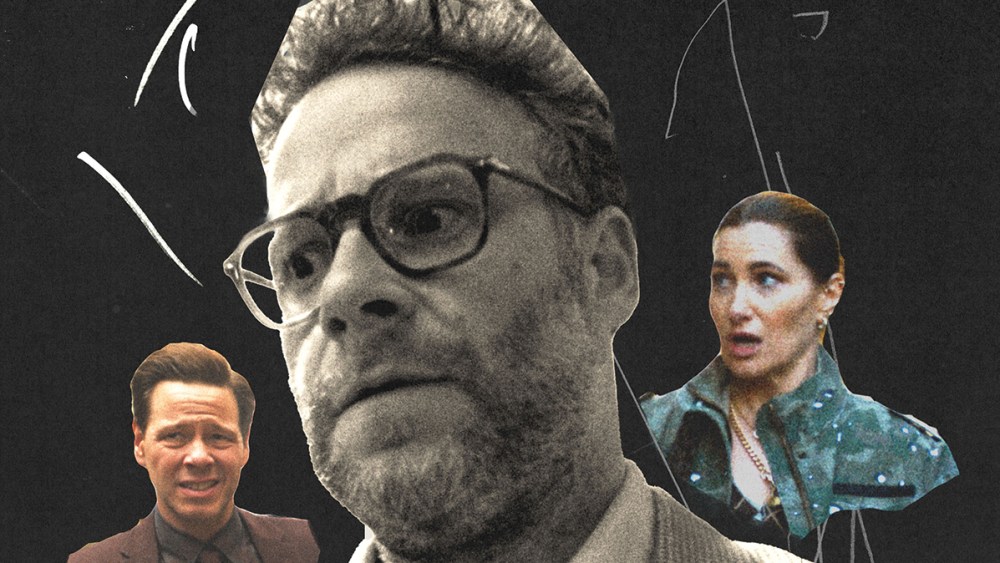From Teen Pitch to Satirical Spotlight
In 2003, shortly after the series “Freaks and Geeks” and before the release of “Superbad,” Seth Rogen found himself in a Hollywood boardroom with his close friend and collaborator, Evan Goldberg. They were still young and relatively new to Los Angeles, pitching a teen comedy set in ancient Rome called “Gen CCX,” which never materialized. However, a comment from an executive during that meeting lingered in Rogen’s mind for over twenty years.
Fear of Ruining Cinema
“I love movies, but now I have this fear that my job is to ruin them,” the unnamed executive expressed. Fast forward twenty-two years, and this poignant statement has become the inspiration for “The Studio,” Rogen’s new satirical comedy series on Apple TV+, where he plays the newly appointed head of a film studio. He quotes that line in the first episode, set to be released on March 26.
A Complex Character in Hollywood
Describing the moment as deeply humanizing, Rogen—now 42—felt compelled to step into the shoes of a studio executive. Yet, despite his role, he hasn’t grown fonder of Hollywood insiders. “They could create better films instead of poor ones, but many opt for the latter to protect their professional standing,” he remarks.
Unpacking Hollywood’s Politics
The central conflict in “The Studio” revolves around Rogen’s character, Matt Remick, who is caught between the realms of creativity and commercialism. The show features Catherine O’Hara, Kathryn Hahn, Ike Barinholtz, and Chase Sui Wonders in roles that exemplify the complexities of studio politics, blending traits reminiscent of “Entourage,” “Veep,” and “The Other Two” to expose Hollywood’s inner workings.
Lessons from Hollywood Experience
With a rich career that took Rogen from teenage stand-up to a celebrated filmmaker, he has experienced the intricacies of the industry firsthand. His time at Sony proved particularly impactful, especially amid the fallout from the controversy surrounding “The Interview,” which catalyzed a major cyberattack. It’s experiences like these that shape the narrative of “The Studio,” which features celebrity cameos in its ambitious structure.
A Challenging Production Format
The series is visually distinctive, utilising long, unbroken takes—referred to as “oners”—that run over ten minutes without cuts. This approach contrasts Rogen and Goldberg’s typical filming style, pushing them into a new creative space that emphasizes immersive storytelling. Rogen acknowledges that executing this format was nerve-wracking, yet ultimately rewarding.
Hopeful Outlook for Hollywood
Despite the challenges faced by the current film industry, Rogen remains optimistic about its potential for reinvention. He points to recent films that defy expectations and suggests that fresh narratives can still emerge amid the constraints. “The Studio” itself stands as evidence that risk-taking is possible, serving as a bold and original satire in an era when such comedies are becoming scarce.



